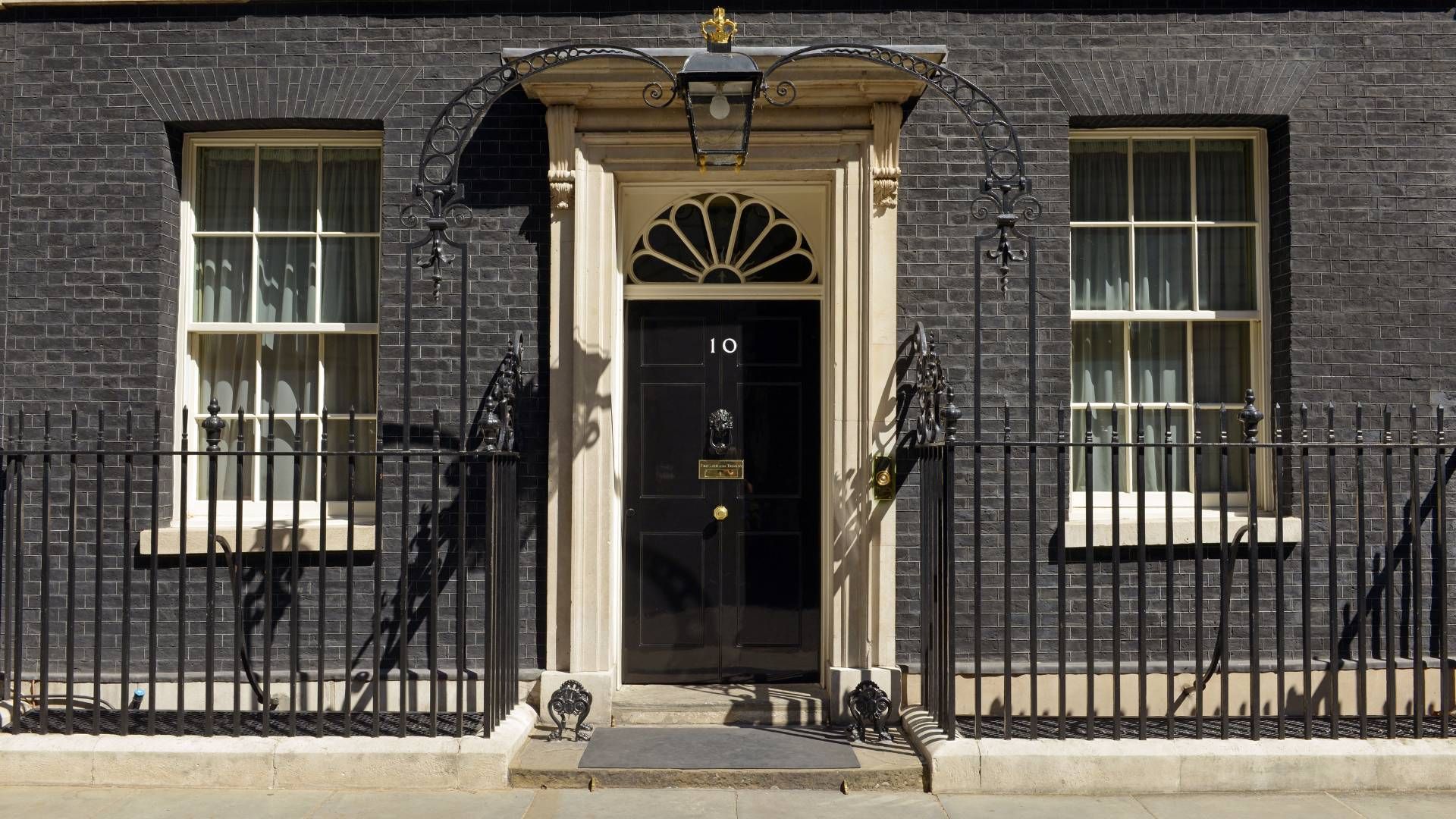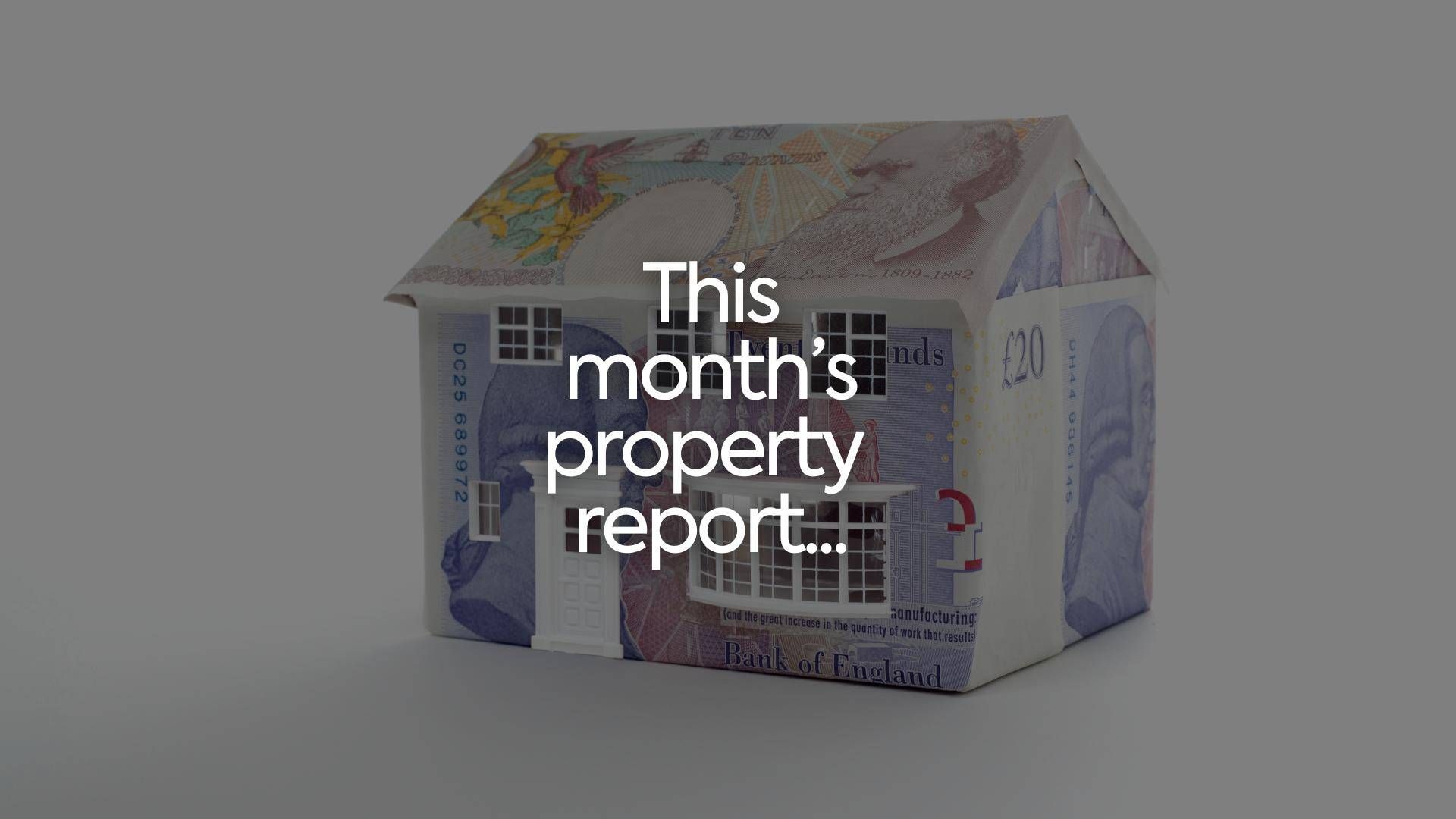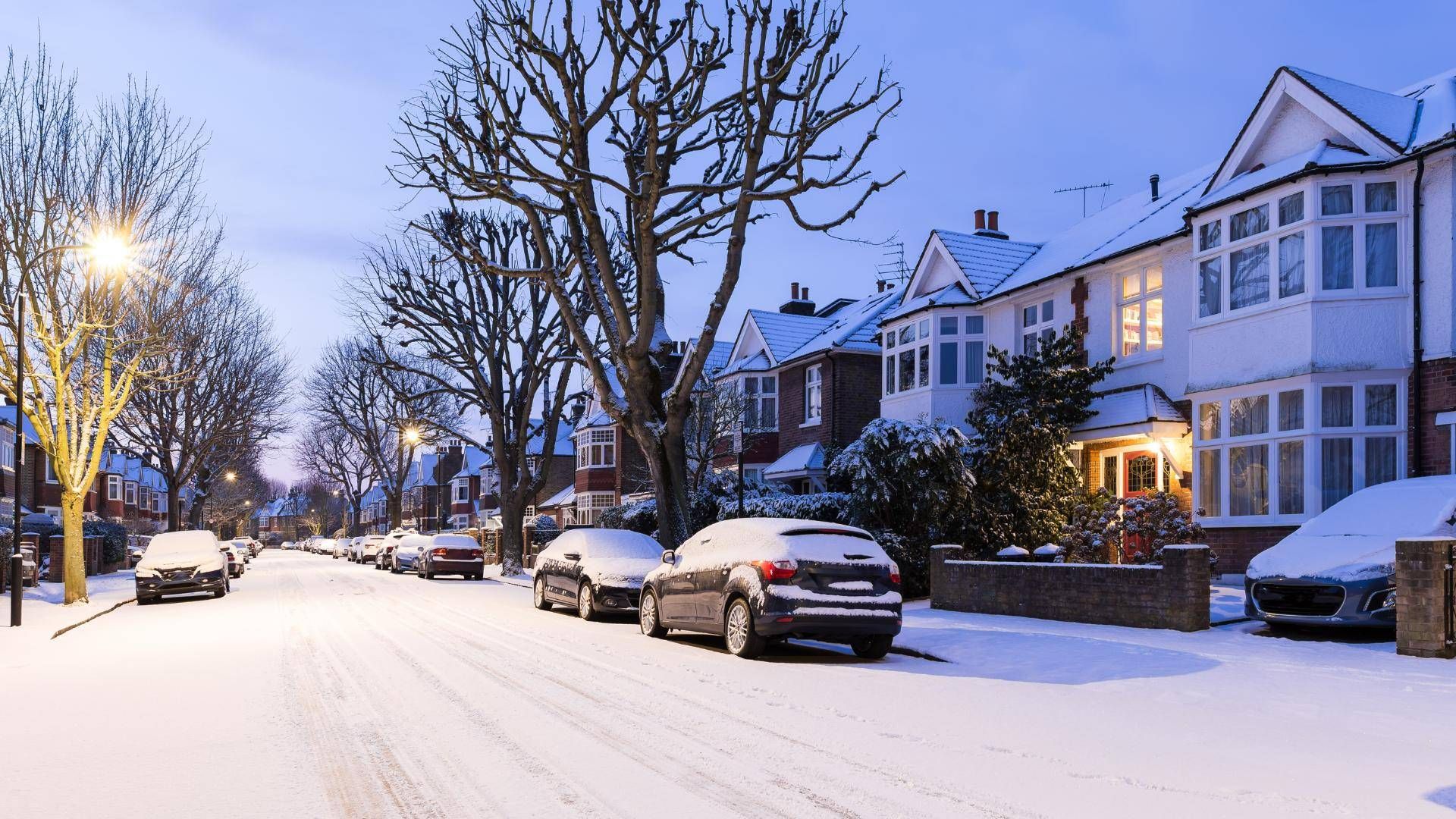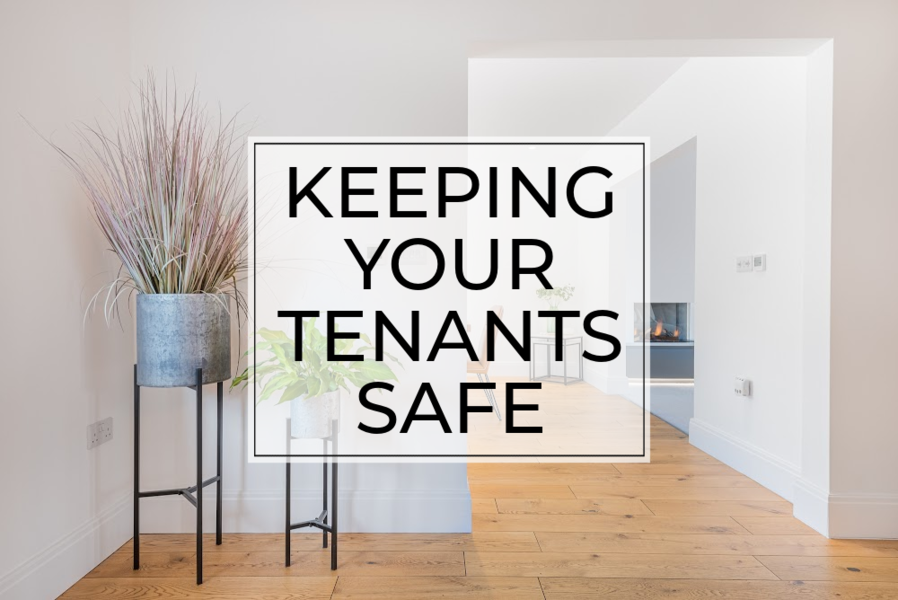
As a landlord, you’ve got a legal obligation to keep your tenants safe while they’re living in your property. There are around 170 rules and regulations relating to letting, and many of them are to do with health and safety, so there’s a lot for you to know and understand about what measures you need to take.
And it’s not just about doing what’s legally required to keep tenants safe. It’s also about making sure you can prove you’ve taken every reasonable step to eliminate potential risks in the property. If you fail in your duty of care, the penalties can be severe, so it’s well worth going over and above the basic requirements.
To help you stay on the right side of the law, here’s a round-up of 5 key things to know about keeping your tenants safe.
1. Carry out a risk assessment
There’s no legal requirement for you to complete a full written risk assessment unless you have a licensable House in Multiple Occupation (HMO), but it’s a logical place to start and the best way to show that you’ve thought about all the possible risks in your property.
You can find risk assessment templates online, which should be based on the 29 categories of housing hazard specified by the Housing Health and Safety Rating System (HHSRS). These include:
- Excess heat or cold
- Damp and mould growth
- Electrical shocks
- Fires
- Trip hazards, e.g. uneven floor levels or loose carpeting on stairs
- Infection through hygiene, sanitation or water supply issues – e.g. legionella
- Pollutants, e.g. carbon monoxide and asbestos
- The chance of intruders gaining entry
Go through each room in your rental property and look for signs of potential risks to tenants that could fall into any of these categories. If repairs or adjustments can be made right away to reduce the risk, make sure that’s done; then prioritise any further action you might need to take.
It’s generally considered best practice to carry out a full risk assessment before you first rent out the property and then again between each tenancy.
2. Gas and electrical safety
Every rented property must have a gas safety check each year to secure a certificate that confirms all the gas appliances in the property are safe for your tenants to use.
You also need to have a full inspection of the electrical system at least once every five years – sooner if specified on the last Electrical Inspection Condition Report (EICR). Although it’s not a specific law, most landlords also have a Portable Appliance Test (PAT) carried out each year on the electrical appliances they’ve provided, such as kettles, fridges, freezers, microwaves and washing machines.
Importantly, you must make sure that the contractors carrying out these checks are property qualified. We’d recommend you use a gas engineer who’s on the Gas Safe Register and an electrical contractor who’s listed on the Registered Competent Person Electrical website.
Copies of the current gas safety certificate and EICR must be given to new tenants before they move in and to existing tenants within 28 days of the checks.

3. Fire safety
First of all, you have to do everything you can to reduce the chance of fire breaking out in the property. Gas and electrical checks are one part of that, then any other potential source of fire should have been picked up in your risk assessment and appropriate action taken.
If your rental is furnished, any upholstered furniture and furnishings must have manufacturers’ ‘match’ and/or ‘cigarette’ test labels attached that confirm they meet fire safety requirements. And even though you don’t need fire doors in single-let properties, you might want to think about fitting them – even if it’s just in high-risk rooms such as the kitchen. For convenience, you can fit self-closing devices that hold the door open most of the time, then release it when a smoke alarm is activated.
You need at least one working smoke alarm on each floor, which must be checked at the start of each tenancy. Although it’s then the tenants’ job to make sure they stay in good working order, we’d suggest it’s worth checking each alarm during periodical inspections, just to be on the safe side.
Finally, you’ve got to make sure tenants have clear access to escape routes, i.e. they can get out of the property quickly and easily if there’s a fire. Fit ‘thumb turn’ locks to the front and back doors, so tenants don’t need to use a key to escape, and remind them not to block hallways and porches with things like bikes.
If your rental is an HMO – that’s where three or more people from more than one household share the property – there are even more fire safety regulations to abide by. You’ll need to fit fire doors, have fire extinguishers on each floor, install extra smoke alarms and have a mains-powered, interconnected fire alarm system. There may also be other requirements, so check with your local council to find out exactly what you need to provide.

4. Security
As well as protecting your tenants against injury, you’ve also got to make sure their home is as secure as possible.
The first step to putting off any potential intruders is to have motion-activated exterior lights on every side of the property, The last thing a burglar wants is to be fully illuminated! And if you can surround the property with pebbles or gravel, rather than having a tarmac or brick driveway and paths, that makes it harder for anyone to approach unnoticed.
Make sure all the doors and windows form a tight seal when they’re closed, with good locks on both – and remind tenants to use them!

5. Maintenance and repairs
Under the Homes Act, you must make sure your property is ‘fit for human habitation’ when the tenant first moves in and stays in good condition throughout the tenancy. If you don’t make any necessary repairs:
- You’re not meeting your obligations as a landlord, and your local council could take action against you; and
- If your tenant reports you to the council, you may not be able to evict them using a section 21 notice
Here are some helpful tips for making sure your property stays in the best possible condition:
- Put together a general maintenance schedule and budget for at least the next 5 years and review it each year.
- Clear the guttering and drains at the end of autumn and again after winter to make sure rainwater can escape.
- Inspect the property after any bad storms to check for damage.
- Emphasise to your tenants the importance of reporting any issues as soon as they arise, before they become bigger and more expensive to fix!
- If a tenant does report a problem, respond to them quickly and make any necessary repairs as soon as possible.
- Make periodic inspections – at least once every 6 to 12 months – during which you can check whether there are any repair or maintenance issues that the tenant hasn’t reported.

What are the penalties for breaking health and safety laws?
If your local council decides that you’re not meeting the required health and safety standards for letting or you’re breaking any lettings laws, they can fine you up to £30,000 for each offence without having to go to court. If you end up being prosecuted in court, the fine could be unlimited, and in the most serious cases – for instance, if a tenant is injured or loses their life as a result of your negligence – you may even face jail time.
In addition, you could be placed on a database of ‘rogue’ landlords and receive a banning order that prevents you from letting property.
Tip: Check that your landlord insurance policy includes public liability insurance. That will help protect you if a tenant, contractor or other visitor injures themselves or their belongings are damaged in your rental property and they make a claim against you. The insurance can cover both legal fees and compensation costs.
In short, there’s a lot to know and understand when it comes to keeping your tenants safe. Not only that, but the rules and regulations are often updated, so you need to have a way of staying up to date with legal changes. If you fall foul of the law, even unintentionally, the penalties can be severe, both financially and personally, and this is just one of the reasons many landlords use a professional agent to let and manage their property.
If you have any questions about health and safety in rented properties or you’d like to talk to us about how a fully managed service can help protect both you and your tenant, we’d love to hear from you. Give us a call on 01206 332991 or email info@belhusproperties.co.uk and we’ll get right back to you.
Share this article
More Articles
Sign up for our newsletter
Subscribe to receive the latest property market information to your inbox, full of market knowledge and tips for your home.
You may unsubscribe at any time. See our Privacy Policy.
